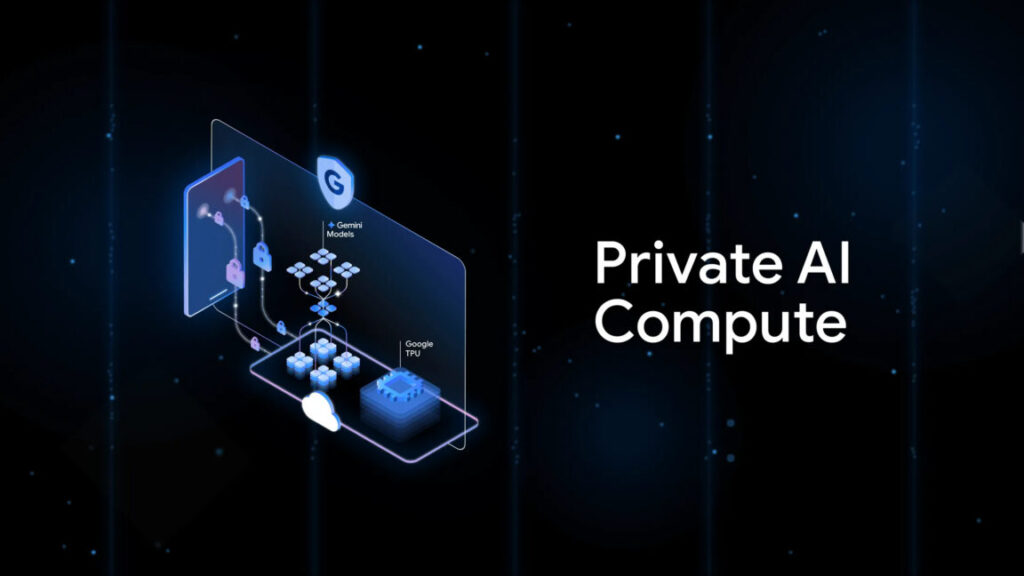NPUs can’t do it all, though. While Gemini Nano is getting more capable, it can’t compete with models that run on massive, high-wattage servers. That might be why some AI features, like the temporarily unavailable Daily Brief, don’t do much on the Pixels. Magic Cue, which surfaces personal data based on screen context, is probably in a similar place. Google now says that Magic Cue will get “even more helpful” thanks to the Private AI Compute system.
Magic Cue debuted on the Pixel 10, but it doesn’t do much yet.
Credit:
Ryan Whitwam
Magic Cue debuted on the Pixel 10, but it doesn’t do much yet.
Credit:
Ryan Whitwam
Google has also released a Pixel feature drop today, but there aren’t many new features of note (unless you’ve been hankering for Wicked themes). As part of the update, Magic Cue will begin using the Private AI Compute system to generate suggestions. The more powerful model might be able to tease out more actionable details from your data. Google also notes the Recorder app will be able to summarize in more languages thanks to the secure cloud.
So what Google is saying here is that more of your data is being offloaded to the cloud so that Magic Cue can generate useful suggestions, which would be a change. Since launch, we’ve only seen Magic Cue appear a handful of times, and it’s not offering anything interesting when it does.
There are still reasons to use local AI, even if the cloud system has “the same security and privacy assurances,” as Google claims. An NPU offers superior latency because your data doesn’t have to go anywhere, and it’s more reliable, as AI features will still work without an Internet connection. Google believes this hybrid approach is the way forward for generative AI, which requires significant processing even for seemingly simple tasks. We can expect to see more AI features reaching out to Google’s secure cloud soon.

